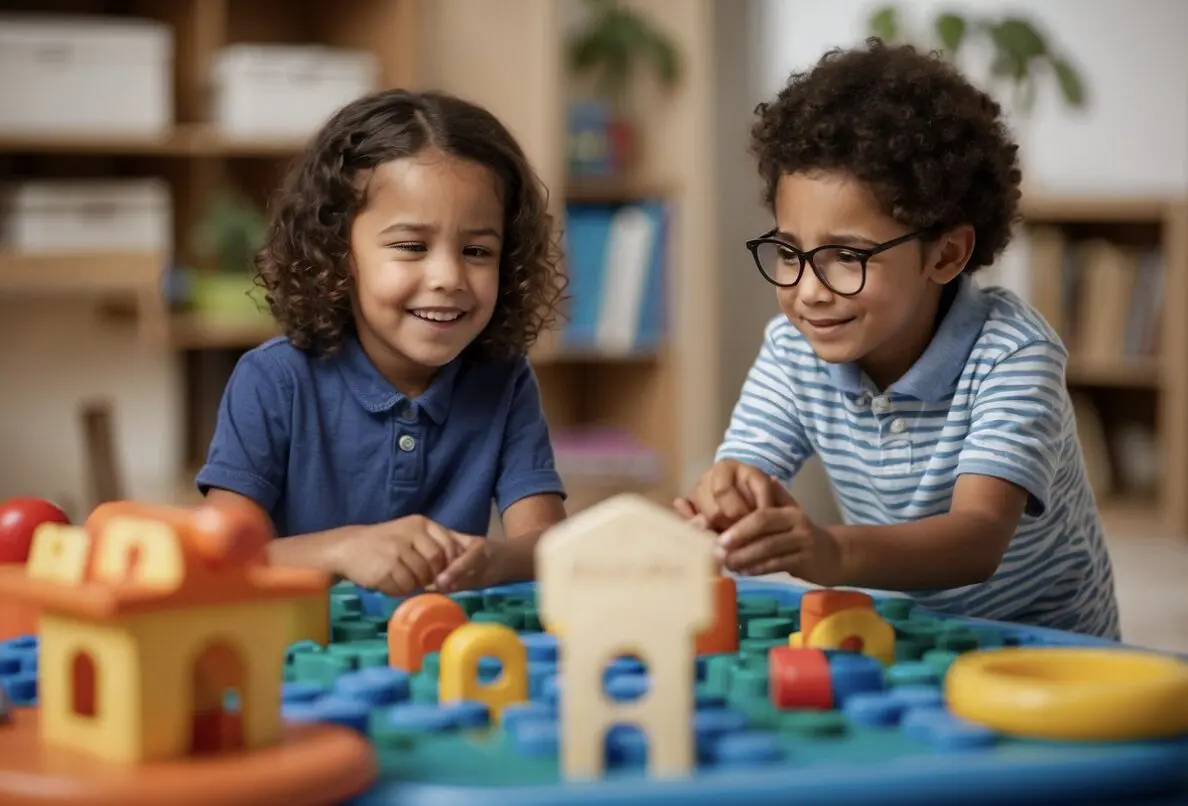nbaschedule2012now.net – The emotional world of children is a complex and fascinating realm, one that is critical to their overall development and well-being. As children grow, they experience a range of emotions, from joy and excitement to fear and sadness. Understanding these emotions and how they develop is essential for parents, educators, and psychologists alike.
The Stages of Emotional Development
Emotional development in children occurs in stages, each building upon the last. Infants begin with basic emotions like happiness, anger, and fear. As they grow into toddlers, they start to experience more complex emotions such as jealousy and empathy. By the time they reach preschool age, children can express a wide range of emotions and begin to understand the emotions of others.
The Role of Attachment in Emotional Development
Attachment theory, developed by psychologist John Bowlby, highlights the importance of the bond between a child and their caregiver. This attachment is crucial for emotional development, as it provides a sense of security and trust. Children who form secure attachments are better equipped to handle stress and regulate their emotions.
How to Support Emotional Development
Supporting a child’s emotional development involves creating a nurturing environment where feelings are acknowledged and validated. Parents and caregivers should encourage children to express their emotions and help them to understand and manage these feelings. Teaching emotional regulation skills, such as deep breathing or counting to ten, can be beneficial.
The Impact of Emotional Intelligence on Development
Emotional intelligence, or the ability to recognize, understand, and manage one’s own emotions and the emotions of others, plays a significant role in a child’s development. Children with high emotional intelligence tend to have better social skills, stronger academic performance, and healthier mental health.
Challenges in Emotional Development
Children may face challenges in their emotional development due to various factors, including trauma, neglect, or exposure to toxic stress. These experiences can disrupt the normal developmental process and lead to emotional difficulties. Early intervention and support are crucial in helping children overcome these challenges.
Conclusion
The emotional world of children is a vital aspect of their growth and development. By understanding the stages of emotional development, the role of attachment, and the importance of emotional intelligence, adults can better support children in navigating their emotional experiences. With the right guidance and support, children can develop the emotional skills they need to thrive in the world.
